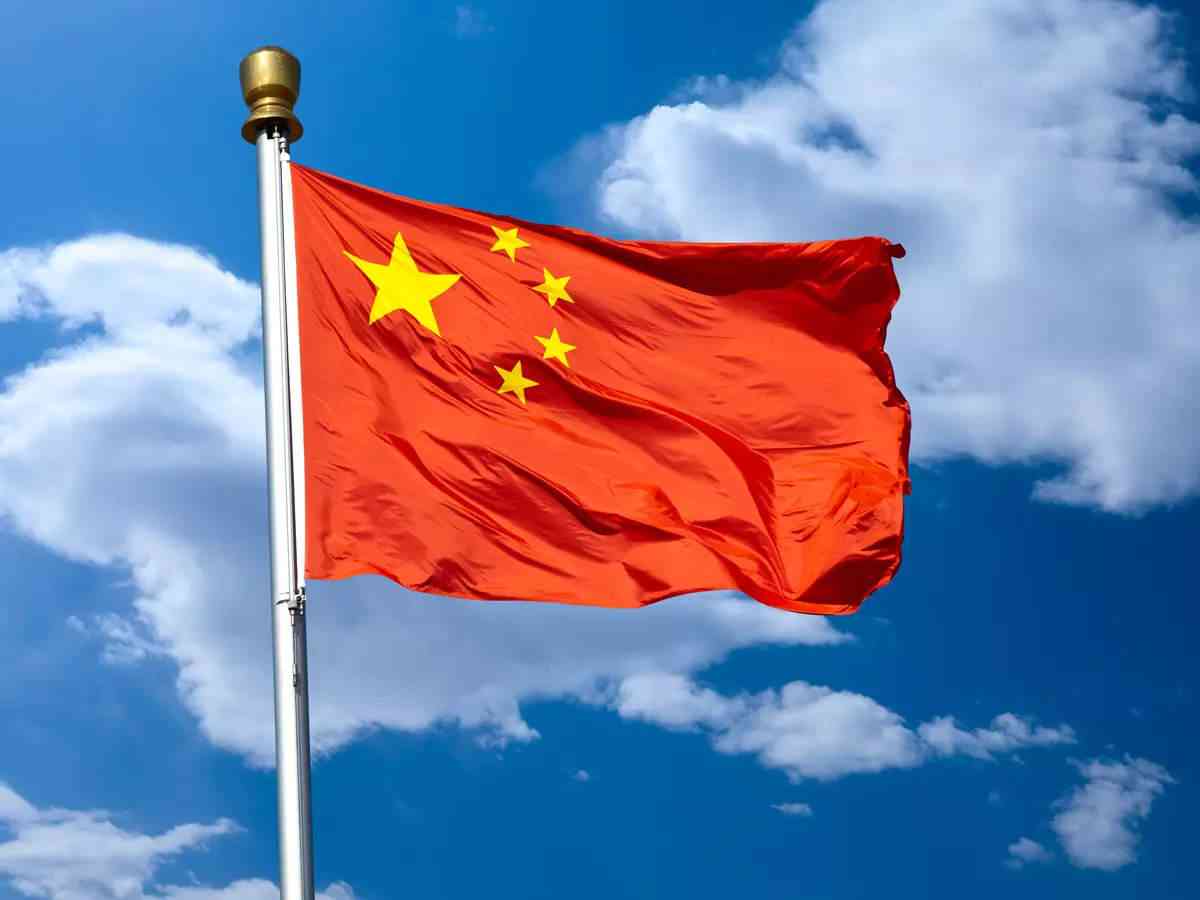
China has become a major player in Africa's development narrative, pouring billions of dollars into infrastructure projects, resource extraction, and other sectors.
This investment has undoubtedly fuelled growth, but it has also raised concerns about mounting debt and potential dangers for African nations.
Since the early 2000s, China's investment in Africa has skyrocketed. Undeniably, these investments have helped build vital infrastructure projects like roads, bridges, and power plants, fostering economic activity across Africa.
Moreover, China often bypasses conditionalities attached to Western aid, allowing African nations more control over their development strategies.
Furthermore, China's recent focus on smaller loans and environmental projects suggests a potential shift towards more sustainable development partnerships.
Despite the positive outcomes associated with Chinese investment in Africa, concerns remain regarding its impact on debt sustainability.
The Observer Research Foundation estimates that China provided roughly $200 billion in loans and investments to Africa between 2000 and 2019.
China is the largest bilateral lender for many African countries, including Zambia, where debt to China surpassed external commercial debt in 2018, according to the World Bank.
- The brains behind Matavire’s immortalisation
- Red Cross work remembered
- All set for inaugural job fair
- Community trailblazers: Dr Guramatunhu: A hard-driving achiever yearning for better Zim
Keep Reading
In Kenya, outstanding debt to China stood at US$6.3 billion in 2021, representing roughly a third of the country's total external commercial borrowings.
Similarly, Angola, China's largest African borrower, owes a staggering US$40 billion, which translates to over 60% of its GDP.\
Zimbabwe is another significant debtor, with estimates suggesting a Chinese debt burden exceeding $2 billion in 2023.
In 2022, African countries owed roughly US$63 billion to Chinese government lenders and over $24 billion to private Chinese lenders. Currently 23 are reportedly to be in debt distress.
While Chinese loans often come with lower interest rates than traditional lenders, heavy debt servicing is strain African government budgets, limiting spending on crucial social sectors like education and healthcare.
The Covid-19 pandemic has further exacerbated this vulnerability, as it strained African economies and their capacity to repay existing debts.
Furthermore, concerns exist about the opaque nature of some loan agreements, potentially limiting African nations' bargaining power and leading to unsustainable debt burdens.
Another worrying aspect is the focus on resource extraction to repay loans which is limiting economic diversification leaving African countries vulnerable to volatile commodity prices.
Some critics argue China's investment creates a new form of dependency, prioritizing Chinese interests over African development goals.
The way forward
While debt restructuring and repayments can offer temporary relief, a more sustainable approach is needed.
Overreliance on this strategy can limit the continent's ability to attract investments that prioritize long-term development.
The solution lies in self-reliance and leveraging Africa's own strengths. African nations must resist becoming mere rule-takers and actively participate in shaping their economic future.
Strengthening and utilising established African financial institutions like the African Development Bank (AfDB) is crucial.
The AfDB can play a key role in mobilizing resources, promoting responsible lending practices, and fostering sustainable development that prioritizes Africa's long-term well-being.
By investing in its own institutions and fostering a collaborative spirit, Africa can chart its own path to prosperity.
Africa need to strengthen regional economic communities (RECs) to foster trade and investment within Africa. This can create a larger market and reduce reliance on external financing.
Africa must its boost domestic resource mobilization through reviewed and strengthened tax collection systems to increase government revenue.
This could involve improving tax administration, and tackling corruption.
There is a need to ensure that natural resources like oil, minerals, and timber benefit African nations not lenders. This involves better pricing structures and investing resource wealth into long-term development projects.
African countries should work together to negotiate favorable debt restructuring terms with creditors on platforms like G27.
This could involve extending repayment periods, reducing interest rates, or seeking debt forgiveness on unsustainable loans.
African governments must prioritize investments in infrastructure projects like energy, transportation, and communication networks.
This attracts further investment, improves overall productivity, and fosters long-term economic growth.
Furthermore, African must prioritize human investment through investing in education for better skilled workforce that brings valuable solutions to the continent.
This empowers Africans to participate more fully in the economy and attract higher-value investments.
By focusing on these solutions, African nations can move towards a future of self-reliance and break free from the debt trap. Africa be a rule maker, not a rule taker.
*Augustine Gwata is a policy analyst
These weekly articles are cordinated by Lovemore Kadenge, an independent consultant, managing consultant of Zawale Consultants (Private) Limited, past president of the Zimbabwe Economics Society and past president of the Chartered Governance & Accountancy Institute in Zimbabwe. Email —kadenge.zes@gmail.com or Mobile No. +263 772 382 852









